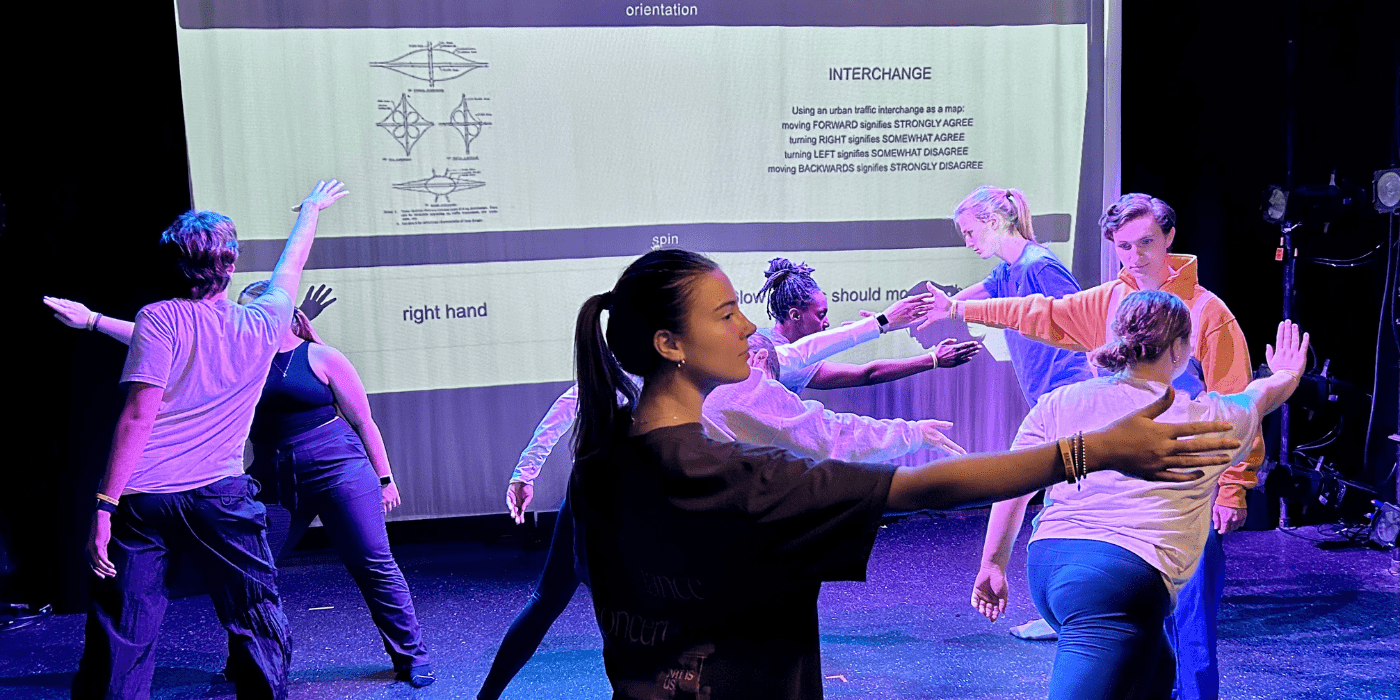
Arts for All is thrilled to announce the newest Faculty and Graduate Fellows for the 2025-26 academic year! Spanning poetry, education, dance, AI, anthropology, music, data science and more, these cohorts of interdisciplinary researchers are leading the way in creating an arts-informed university.
Our newest fellows join a community of thoughtful and innovative researchers and receive funding support for their unique arts-based research projects. As ambassadors for Arts for All, our fellows will lead publicly-engaged research across campus and within the surrounding community to spark dialogue, understanding, problem-solving and action. Over the course of the next year, we look forward to supporting their valuable activities and highlighting their groundbreaking research.
Congratulations to the newest Arts for All Faculty and Graduate Student Fellows!
2025-26 Faculty Fellows
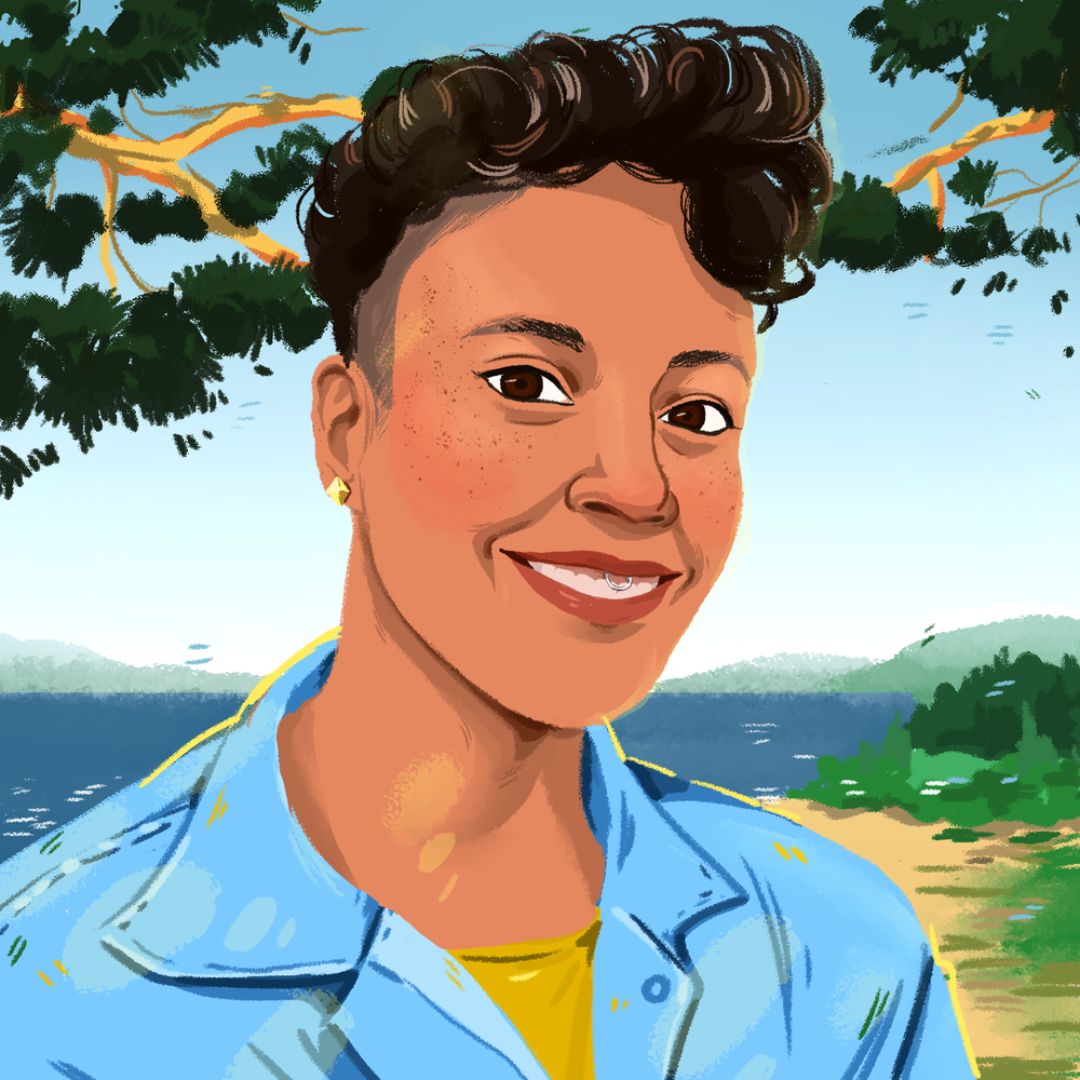 Lillian-Yvonne Bertram, associate professor of English, director of the MFA creative writing program
Lillian-Yvonne Bertram, associate professor of English, director of the MFA creative writing program
Betram plans to support their ongoing pedagogical practice that establishes creative writing as an important lens for understanding AI with an emphasis on humanistic guidance and ethics. This fellowship will contribute to The Studio for Literary Technology, an entity within the Department of English and launched by Bertram this fall. The studio focuses on the intersection of AI, language models and computational narratives, through campuswide programming that makes AI literacy accessible to the entire UMD community.
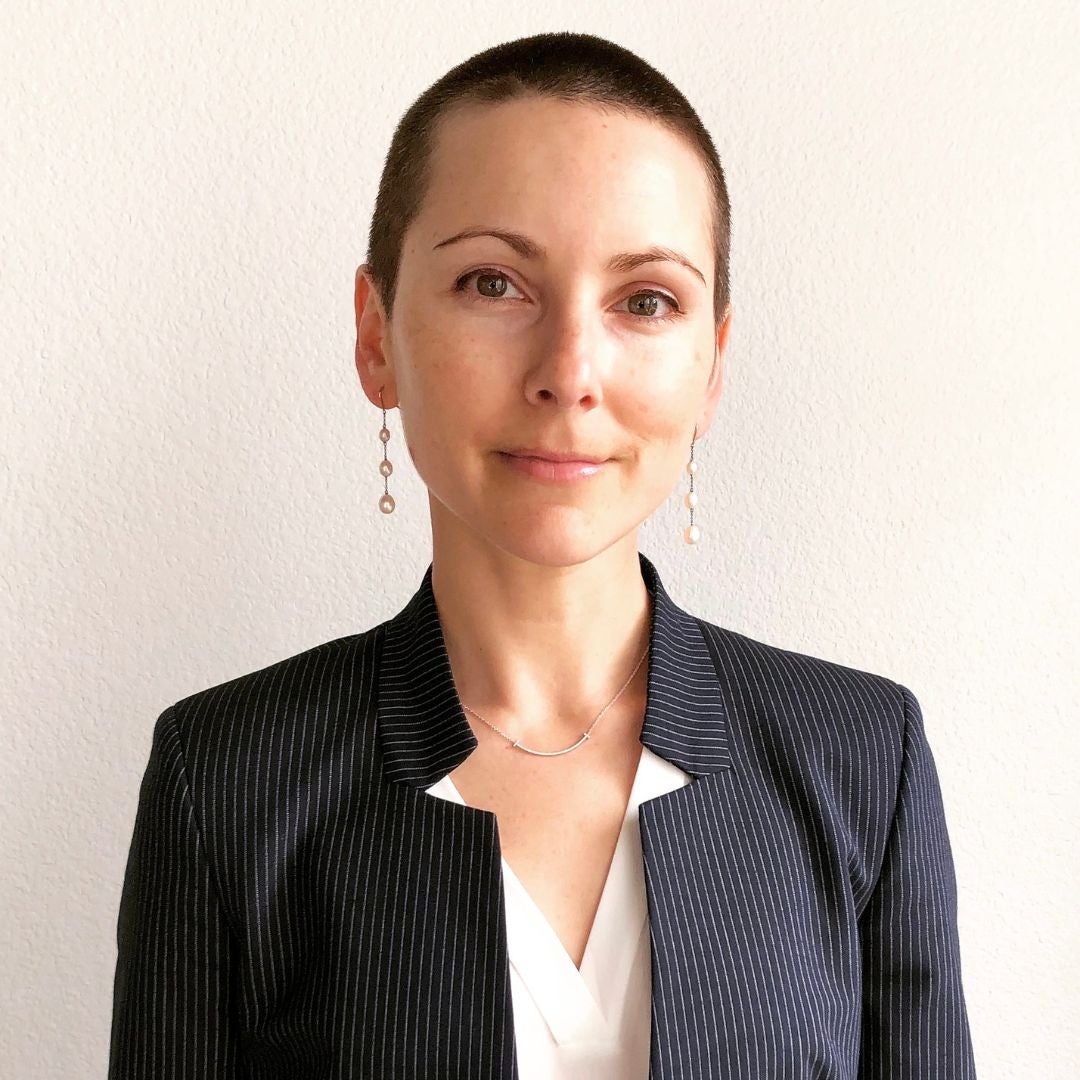 Lins Derry, artist in residence in the School of Theatre, Dance, and Performance Studies
Lins Derry, artist in residence in the School of Theatre, Dance, and Performance Studies
Derry will explore the intersection of dance and data communication by further developing “The Data Twist,” a participatory art project that kinesthetically gamifies survey data to promote public discourse. Working in collaboration with students from the Immersive Media Design (IMD) program, Derry plans to expand the performative installation by designing a custom game board featuring embedded pressure sensors that will collect and aestheticize participant responses in real time.
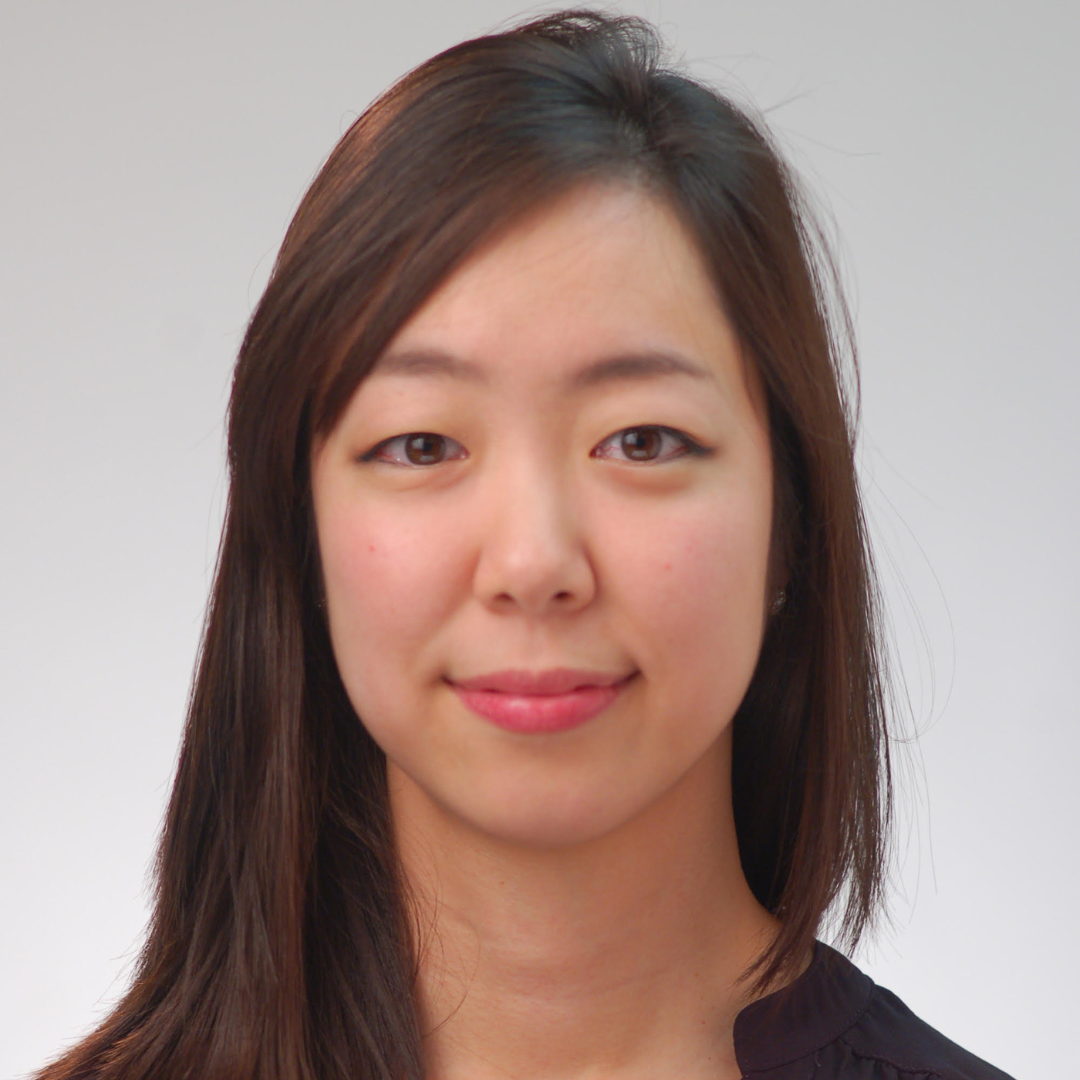 Heera Lee, lecturer in the College of Information
Heera Lee, lecturer in the College of Information
Lee will facilitate a series of collaborative design workshops that pair K-12 and higher education instructors with graduate students from engineering and Human-Computer Interaction to creatively develop new, innovative educational tools and systems. This work gives educators a voice through the arts, aligns educational research with creative expression and promotes the co-creation of imaginative tools for learning.
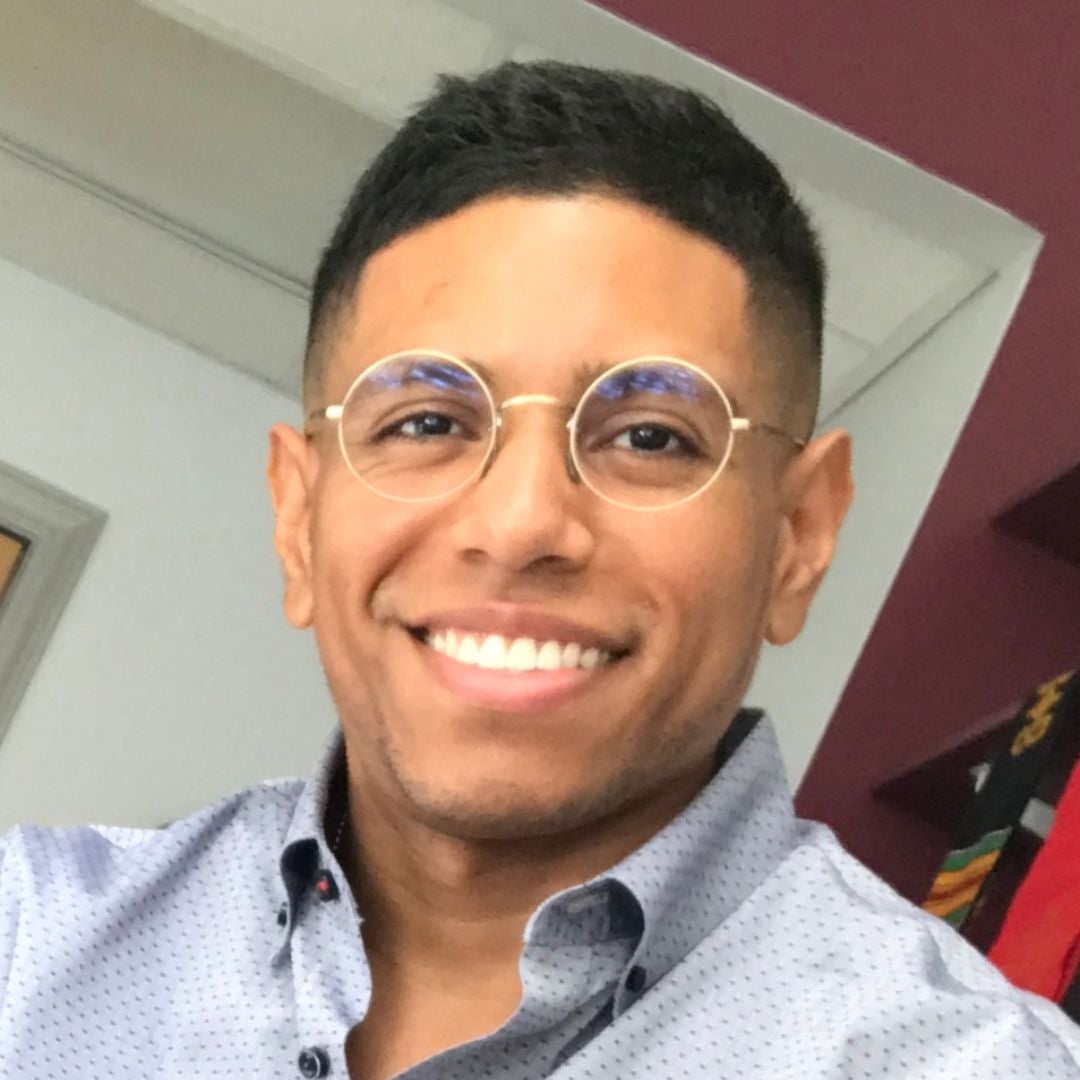 Will Mosley, assistant professor in the Harriet Tubman Department of Women, Gender, and Sexuality Studies
Will Mosley, assistant professor in the Harriet Tubman Department of Women, Gender, and Sexuality Studies
Mosley will further his research centered on culture, care and identity formation through the introduction of a new course, “Tenderness in Black Expressive Culture;” on-going partnerships with Black, LGBTQ+ local artists and non-profit organizations; and a mentorship program supporting UMD students’ communication and cultural competency. Mosley aims to explore how art can be used as a vehicle for community care.
 Stephanie Prichard, associate professor of music education, division coordinator of music education
Stephanie Prichard, associate professor of music education, division coordinator of music education
Prichard will lead a comprehensive research study in partnership with Prince George’s County Public Schools designed to explore underrepresented high school students’ arts experiences and school engagement, compare outcomes among arts and non-arts high school students, and understand post-secondary aspiration in the arts. This timely work will illuminate the potential benefits of arts education, as well as create resources and recommendations for both secondary public school and post-secondary arts education policymakers.
2025-26 Graduate Student Fellows
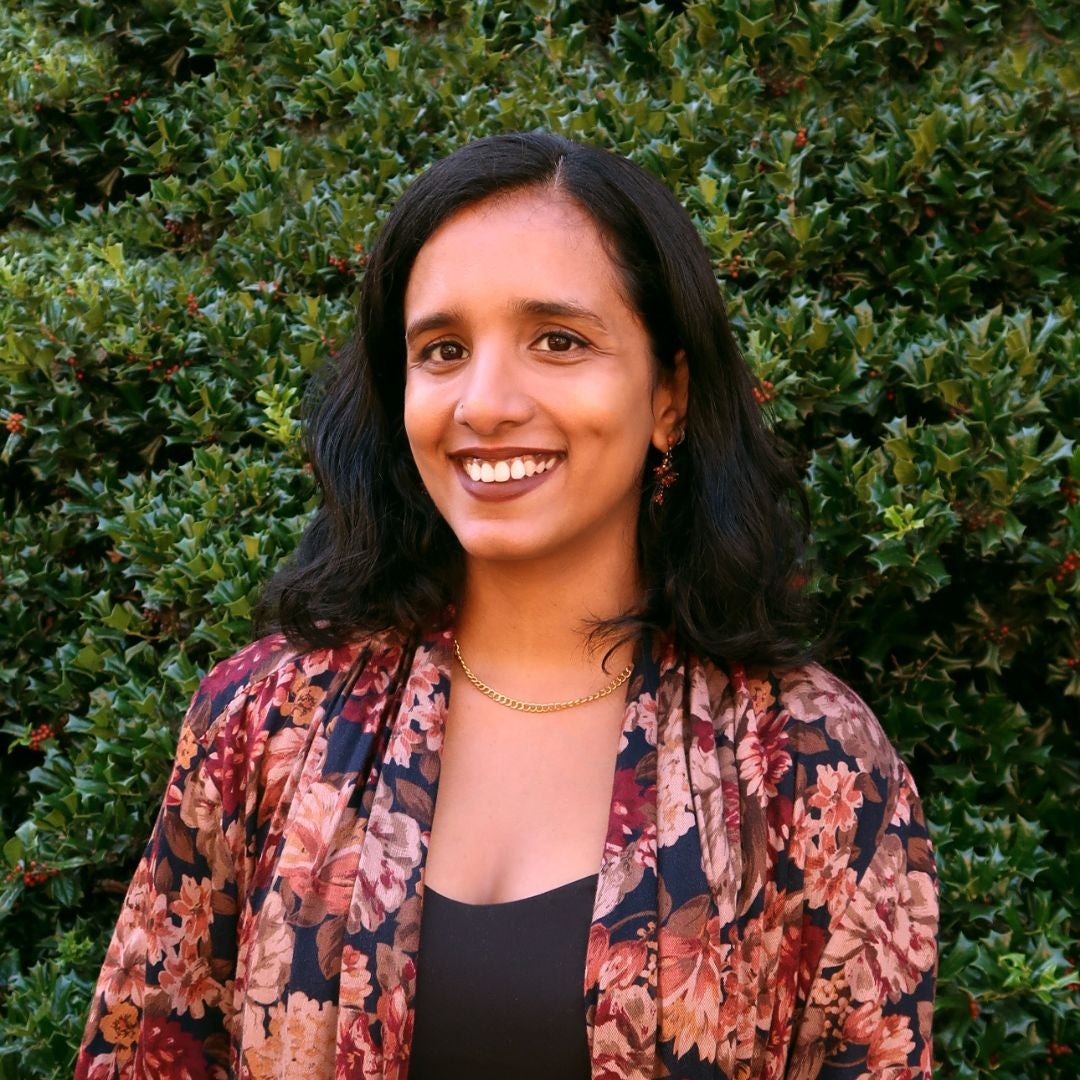 Ann Alex, doctoral student in the Harriet Tubman Department of Women, Gender, and Sexuality Studies
Ann Alex, doctoral student in the Harriet Tubman Department of Women, Gender, and Sexuality Studies
Alex will explore how emergent digital technologies are transforming contemporary racial imaginaries, particularly in relation to Black life. Inspired by Langston Hughes’ 1926 collection,”The Weary Blues,” she will organize Dream Keepers, a public symposium convening local D.C. and Baltimore-based poets to compose and perform original pieces connecting Hughes’ legacy to contemporary concerns about race, Blackness and digital life. This symposium and its associated archive will foreground poetry as inquiry and partner their scholarly research with publicly-engaged arts practice.
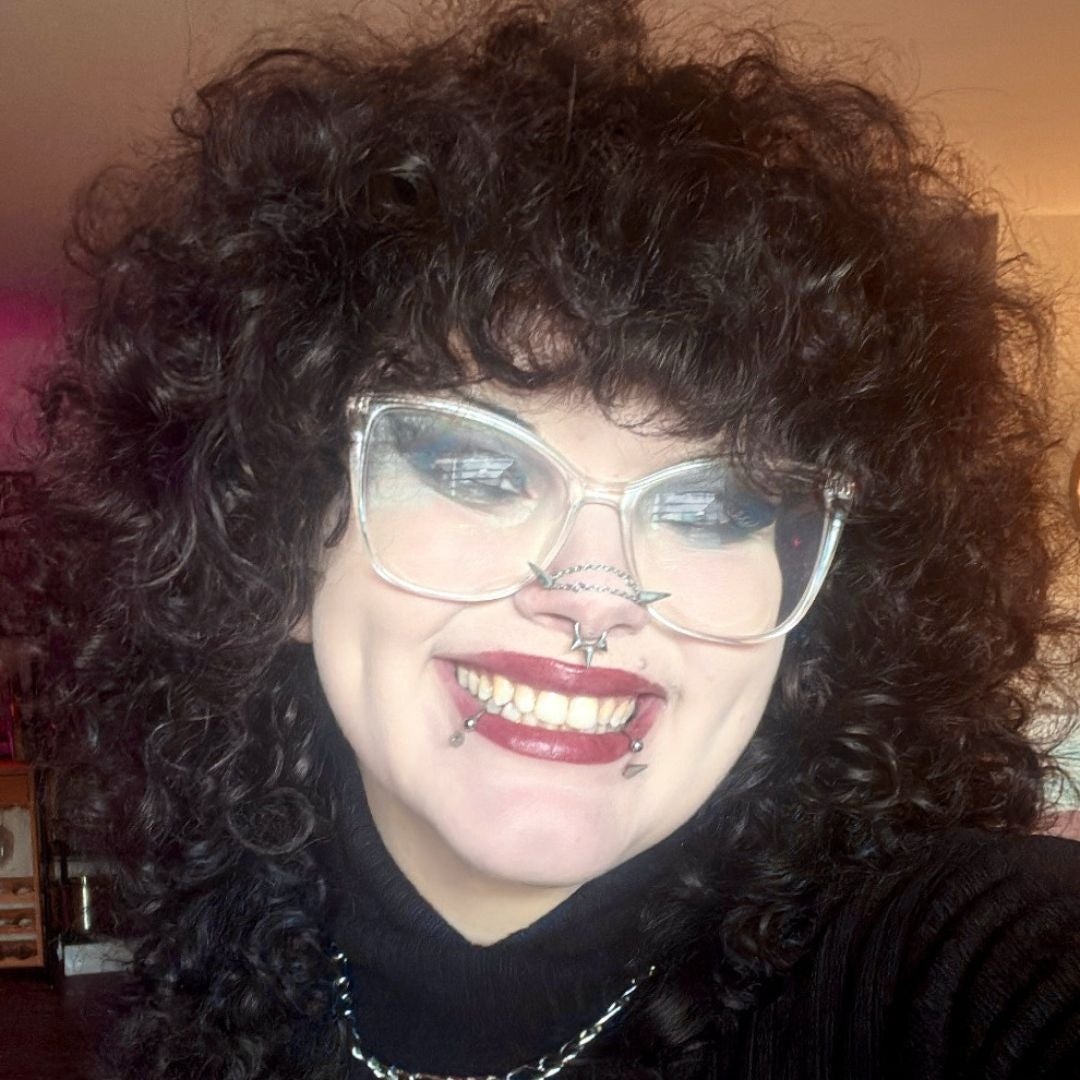 Isabelle Falls, master’s student in applied anthropology
Isabelle Falls, master’s student in applied anthropology
Falls will deepen her ongoing research examining how UMD students who identify as fat understand their bodies, their relationship to campus, and how UMD Health Center staff understand the embodied experience of being a “non-normative” student. Falls plans to utilize drawing and self-portraiture as a new avenue for autoethnographic research. In doing so, she aims to both express the embodied experience of existing in a marginalized body and explore future avenues for sharing research within the medical field in a way that can address ingrained biases and fatphobia.
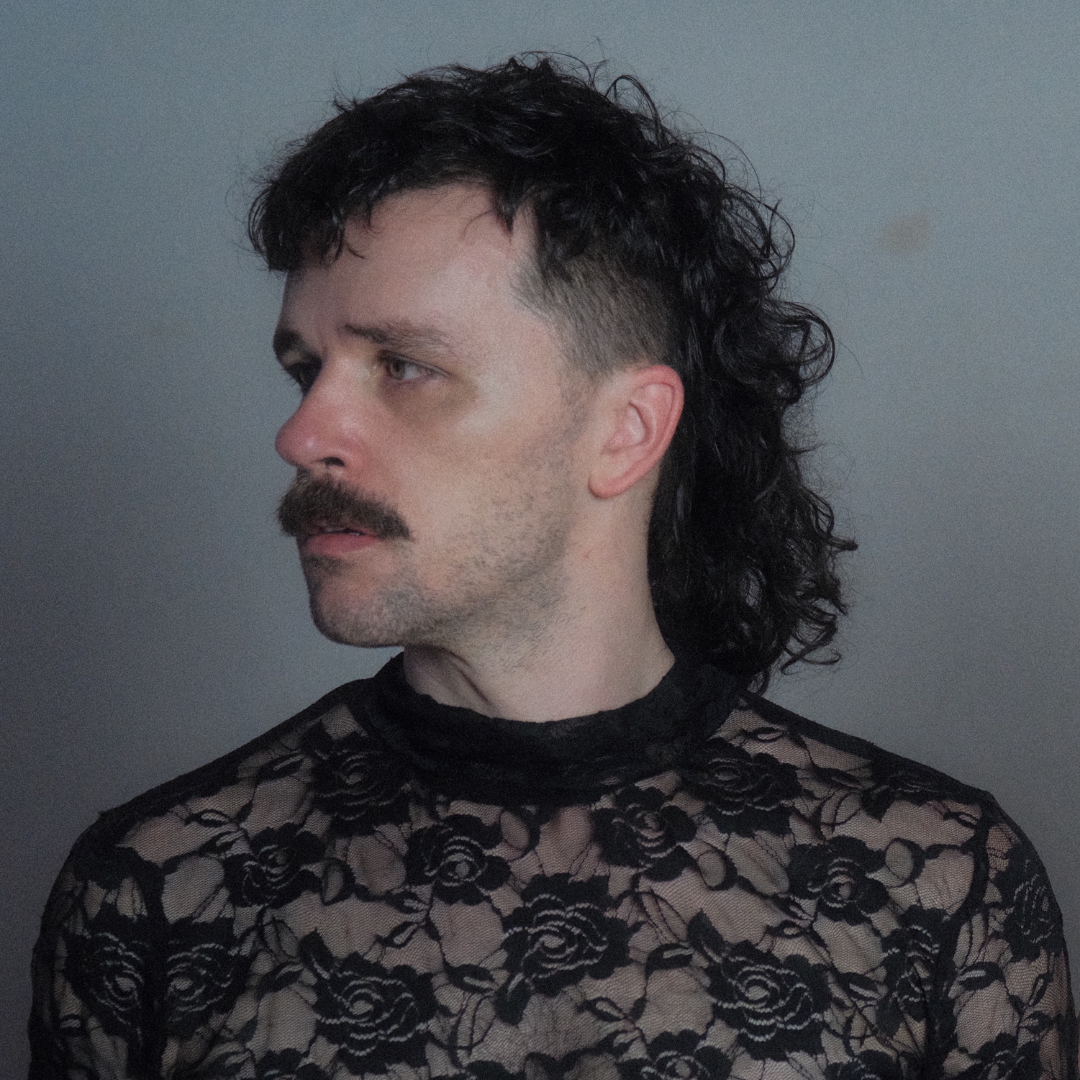 taylor knight, master’s student in dance
taylor knight, master’s student in dance
knight will experiment with bespoke, experimental and emergent uses of sound, technology and performance framings to present “ABYSS.” This scalable, iterative and site-responsive research and performance practice both creates conduits for collective grief processing and examines how the self is performed in club culture and social gathering spaces. This work aims to subvert the traditional post-show talk back model by inviting the audience to engage and activate their own embodied sensations as part of the performance. “ABYSS” is presented through knight’s multidisciplinary performance entity, slowdanger, co-founded and co-directed with their life partner anna thompson.
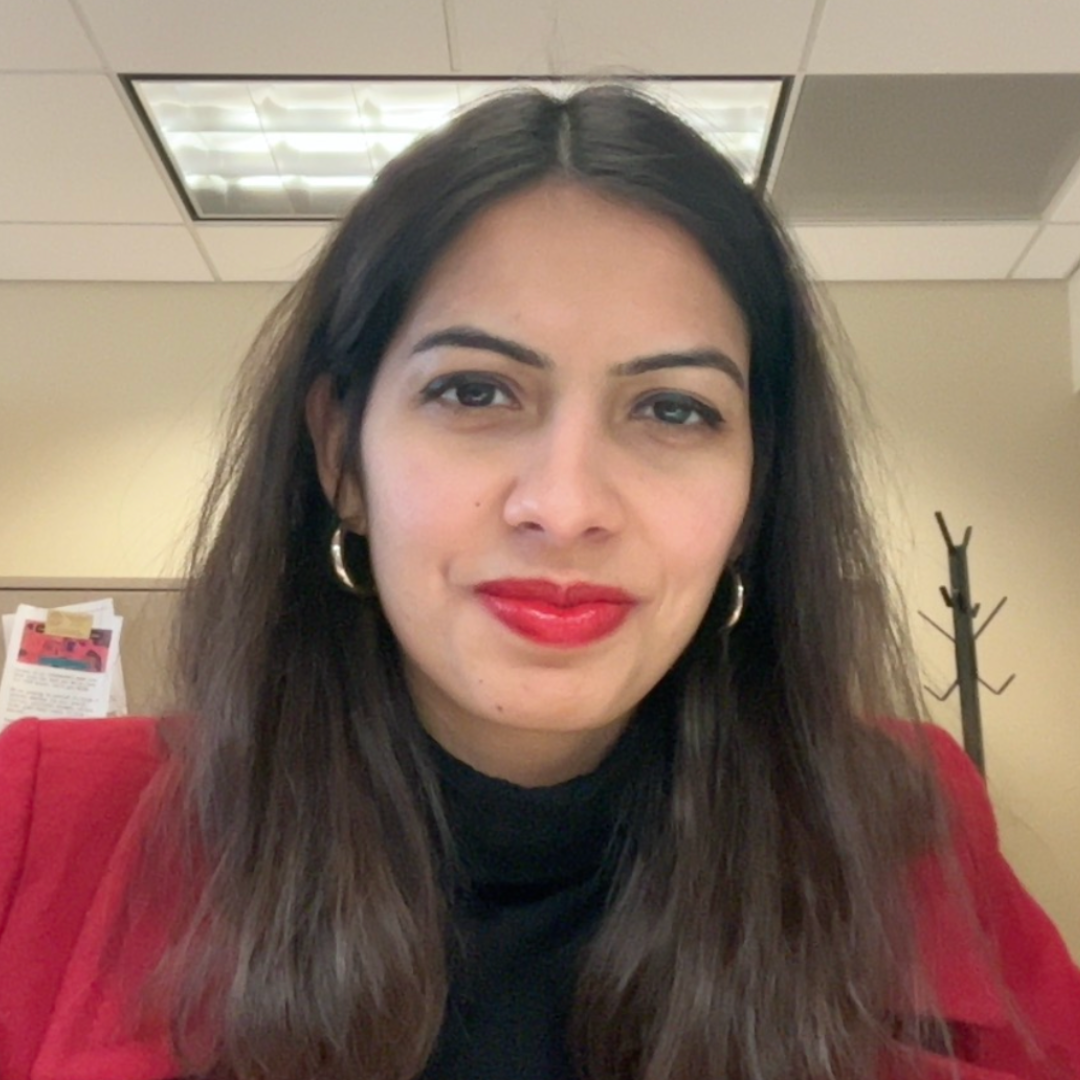 Rashi Maheshwari, doctoral student in comparative literature
Rashi Maheshwari, doctoral student in comparative literature
Maheshwari plans to expand her pedagogy and research investigating how storytelling impacts climate narratives. Through a new classroom initiative, students will be invited to explore their immediate environments and produce multimodal projects that bring overlooked ecologies into focus. She will also examine climate narratives through visual and performance-based eco-art as an extension of her dissertation, bringing her research into dialogue with the public sphere. Maheshwari’s work will bridge pedagogy and scholarship, situating the arts as a vital force in responding to environmental and social challenges.
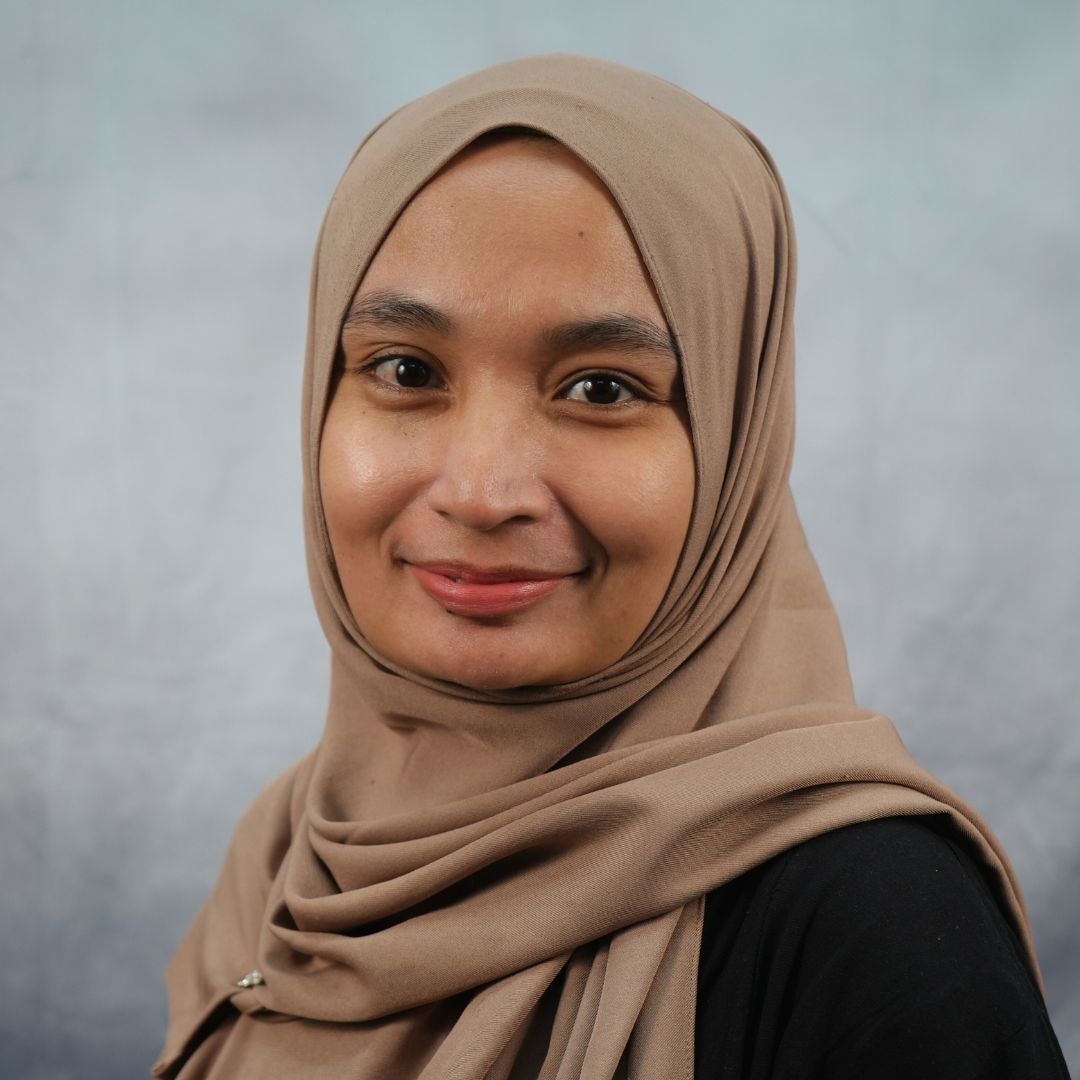 Diana Purwaningrum, doctoral student in Teaching, Learning, Policy and Leadership
Diana Purwaningrum, doctoral student in Teaching, Learning, Policy and Leadership
Purwaningrum aims to investigate the role of poetry in collective healing, community building and transformative justice through arts-based workshops conducted on and off-campus that both center and explore poetry and artworks created by incarcerated women in the United States. Through this publicly engaged research, Purwaningrum will examine participants’ voices in challenging social issues related to women’s incarceration and their reimagining of an equitable future.
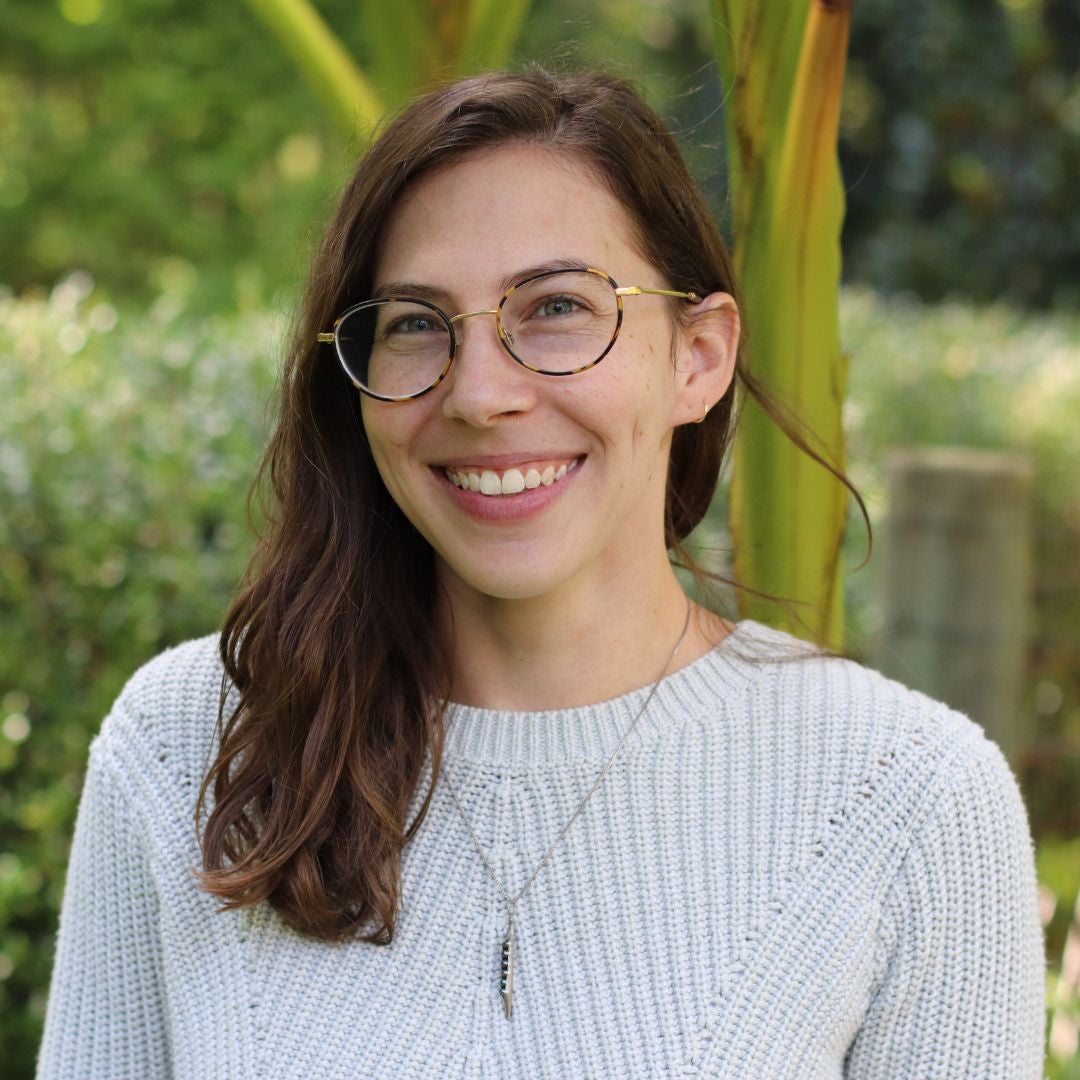 Nina Versenyi, doctoral student in American studies
Nina Versenyi, doctoral student in American studies
Versenyi seeks to examine the links between tourism, the U.S. empire and the commodification of Indigeneity through the mass-produced art form of the postcard, by analyzing postcards that circulated between the continental U.S. and its overseas territories post-1898 annexation. She will digitize and transcribe a series of postcards from Hawai'i and Puerto Rico from two archival collections housed in the University of Maryland’s Hornbake Library to investigate how these two territories were constructed visually and discursively over the twentieth century. Versenyi will use this work to support her dissertation research and the development of a public-facing digital research platform.
